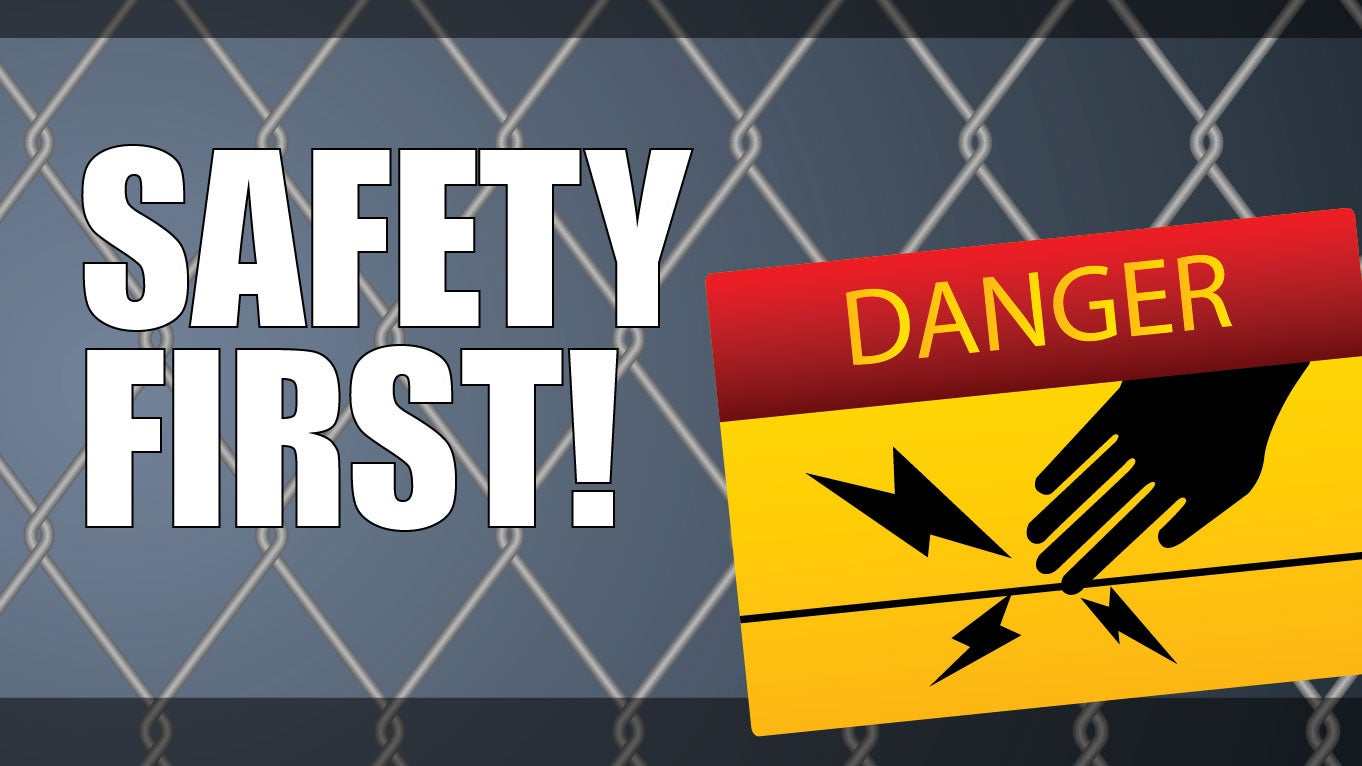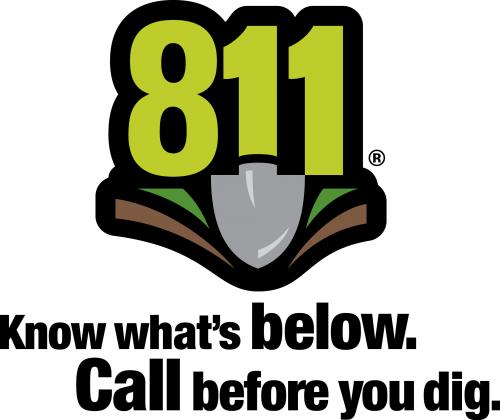As an electric cooperative, safety is our top priority. We want you to be safe when working with electricity and we also want our employees to be safe as they go about their daily routines.
Safety Electrical Program
Lake Country Power offers area elementary schools an opportunity to have employees speak on electrical safety. The hour-long program comes from a lineman's perspective, and includes this video to help kids understand the dangers of working with and using electricity.
Safety awareness and tip resources
Lake Country Power has partnered with Safe Electricity, a multi-media public awareness program that provides electrical safety information to consumers and educators.
Visit the Web site at www.safeelectricity.org and you’ll find a wealth of information and tips about electrical safety, including topics for residential, youth, teachers, agribusiness and contractors. The Web site also links to other electrical safety related sites.
Call before you dig
If you’re planning a project that involves digging on your property, remember to call Gopher State One Call (1-800-252-1166) at least 48 hours before digging to have a professional safely locate underground cable for you. Gopher State One Call can be found online at www.gopherstateonecall.org

Take the Touchstone Energy Safety Quiz, or see if your home has what it needs with the electrical checklist

If you’re planning a project that involves digging on your property, remember to call Gopher State One Call (1-800-252-1166, or just 811) at least 48 hours before digging to have a professional safely locate underground cable for you. Gopher State One Call can be found online at www.gopherstateonecall.org
How to Stay Safe at Home
Facts & figures
-
Roughly half (48%) of home electrical failure fires involved electrical distribution or lighting equipment in 2007-2011.
-
In 2007-2011, 46% of electrical failure home fires involved other known type of equipment. The leading other known type of equipment involved in home electrical failure fires are washer or dryer, fans, and portable or stationary space heater.
-
U.S. fire departments responded to an estimated average of 22,410 reported home structure fires involving electrical distribution or lighting equipment in 2007-2011. These fires resulted in 325 civilian fire deaths, 950 civilian fire injuries, and $817 million in direct property damage.
-
Some type of electrical failure or malfunction was cited as factor contributing to ignition for 74% of electrical distribution or lighting equipment home structure fires.
Source: NFPA's "Electrical Fires," by John R. Hall, Jr., April 2013
Things to Remember When Using Electricity Outdoors
Lighting to improve the look and safety of our homes, electric tools to make our outdoor work easier, and power lines to our home, all need to be handled with care.
Outside electrical work
-
Have a qualified electrician do all electrical work.
-
To prevent an electrical shock, make sure all your outside electrical receptacles are GFCI (ground fault circuit interrupter) protected.
Equipment safety
-
Use lighting and power tools that have the label of an independent test laboratory and make sure they are made for outdoor use.
-
Store your electrical tools indoors.
-
Keep electric tools away from children.
-
Keep the area around your electric meter and other electrical equipment clear.
-
Check lighting and extension cords for damage before using. Replace any damaged cords right away.
-
Use extension cords that have the label of an independent testing laboratory and are marked for outdoor use.
-
Extension cords are not meant for long-term use.
Power lines
Have a professional tree cutting service trim branches that might fall on electric wiring. Use a wooden or fiberglass ladder outside. Keep the ladder at least 10 feet away from power lines. Never touch anyone or anything in contact with a downed wire. Power lines may be live, stay a safe distance away. Report downed wires to authorities right away.
Source: NFPA.org





